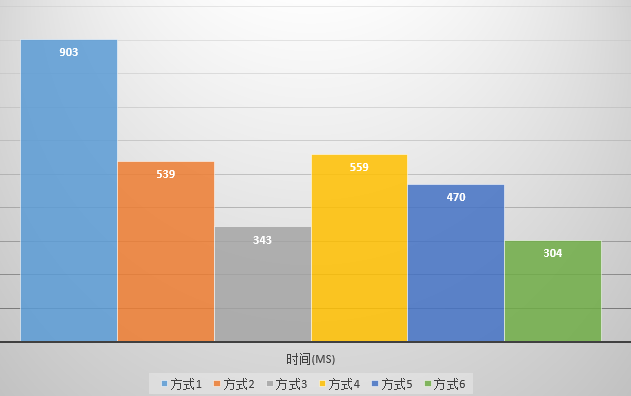项目中一直是使用functions 这个方法模拟面向对象,在cocos3.0 中提供的 functions.lua文件有定义 。
1、核心代码为:
注意实例化继承自C++层类 和 lua类的区别
function class(classname,super)
local superType = type(super)
local cls
if superType ~= "function" and superType ~= "table" then
superType = nil
super = nil
end
if superType == "function" or (super and super.__ctype == 1) then
-- inherited from native C++ Object
cls = {}
if superType == "table" then
-- copy fields from super
for k,v in pairs(super) do cls[k] = v end
cls.__create = super.__create
cls.super = super
else
cls.__create = super
cls.ctor = function() end
end
cls.__cname = classname
cls.__ctype = 1
cls.__index = cls
function cls.new(...)
local instance = cls.__create(...);
-- copy fields from class to native object
for k,v in pairs(cls) do instance[k] = v end
instance.class = cls
instance:ctor(...);
return instance
end
else
-- inherited from Lua Object
if super then
cls = clone(super)
cls.super = super
else
cls = {ctor = function() end}
end
cls.__cname = classname
cls.__ctype = 2 -- lua
cls.__index = cls
function cls.new(...)
local instance = setmetatable({},cls)
instance.class = cls
instance:ctor(...)
return instance
end
end
return cls
end
function clone(object)
local lookup_table = {}
local function _copy(object)
if type(object) ~= "table" then
return object
elseif lookup_table[object] then
return lookup_table[object]
end
local new_table = {}
lookup_table[object] = new_table
for key,value in pairs(object) do
new_table[_copy(key)] = _copy(value)
end
return setmetatable(new_table,getmetatable(object))
end
return _copy(object)
end
2、解释图

注意实例化继承自C++层类 和 lua类的区别
3、使用lua面向对象的注意事项
(1)lua层类的实例化是使用 instance = setmetatable( {},cls)来模拟的,所以需要注意的是如果类A中有属性 是一个table
属性,如果类A的实例a改变了其中的一个属性,那么其他所有的A的类的对象都会访问该属性都是被修改了的。

输出结果:

注意输出A类的实例对象 b时候 b.tab.id 已被改变 【这点理解了 lua 元表的 metatable 的 __index 不难理解,但是使用Lua的面向对象时候需要注意】
2、继承中调用构造函数需要助于的点,访问父类的够着函数时候用 类名访问,而不要使用 self
如果将 X.super 改成 self.super 那么在实例化C调用 self.init() 会出死是循环.
注意:

如果将 X.super 改成 self.super 那么在实例化C调用 self.init() 会出死是循环.
注意:
self 指向传入的对象. 使用 local c = C.new() c.init() 那么其实在 B A 中使用的 self 都是C 的对象 c 出现 c.init() --> b.init() ---> b.init() ---> 死循环 而在面向对象的中的 this 是指向当前对象,这个需要注意lua面向对象self 与this 区别。

 1.github代码实践源代码是lua脚本语言,下载th之后运行thmai...
1.github代码实践源代码是lua脚本语言,下载th之后运行thmai... 此文为搬运帖,原帖地址https://www.cnblogs.com/zwywilliam/...
此文为搬运帖,原帖地址https://www.cnblogs.com/zwywilliam/... Rime输入法通过定义lua文件,可以实现获取当前时间日期的功能...
Rime输入法通过定义lua文件,可以实现获取当前时间日期的功能... 在Lua中的table(表),就像c#中的HashMap(哈希表),key和...
在Lua中的table(表),就像c#中的HashMap(哈希表),key和...